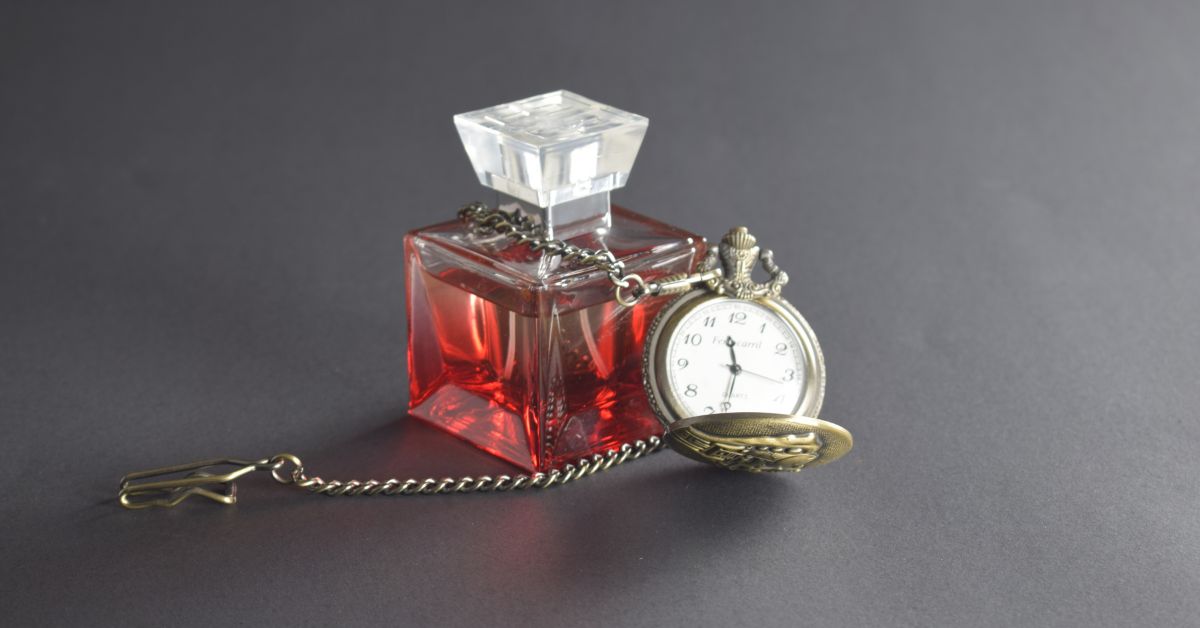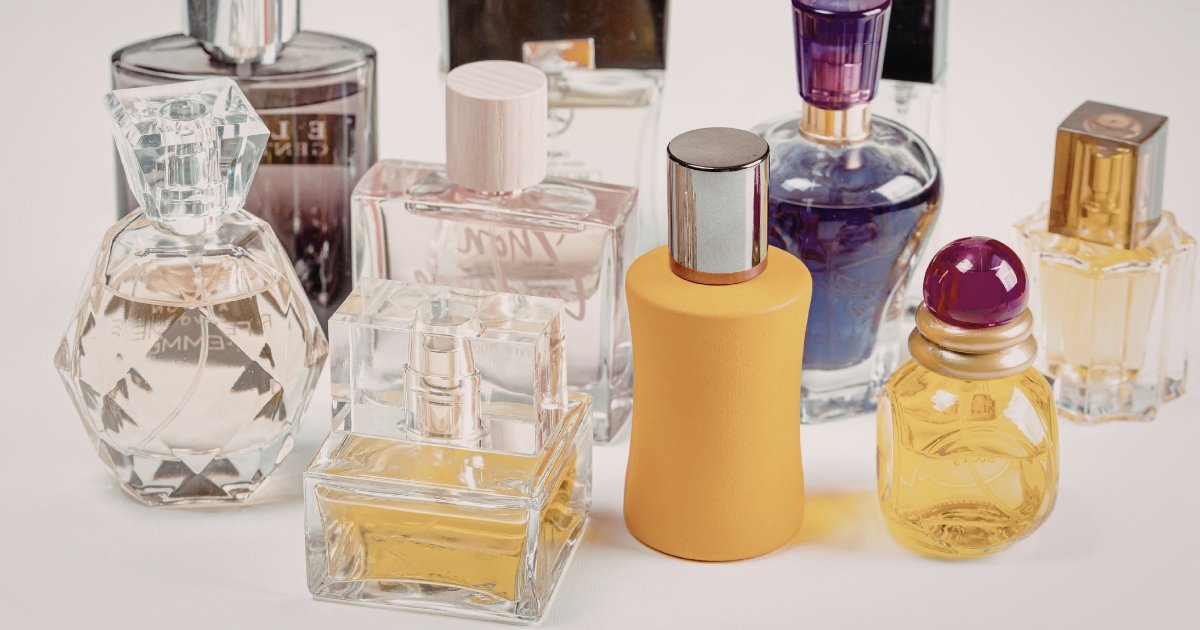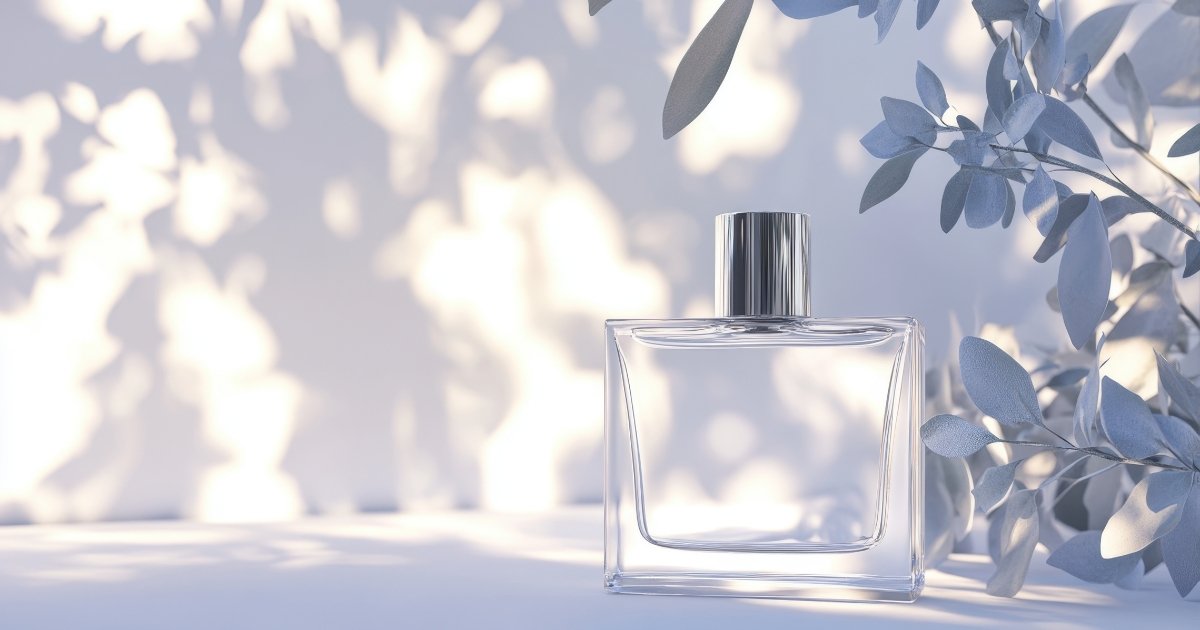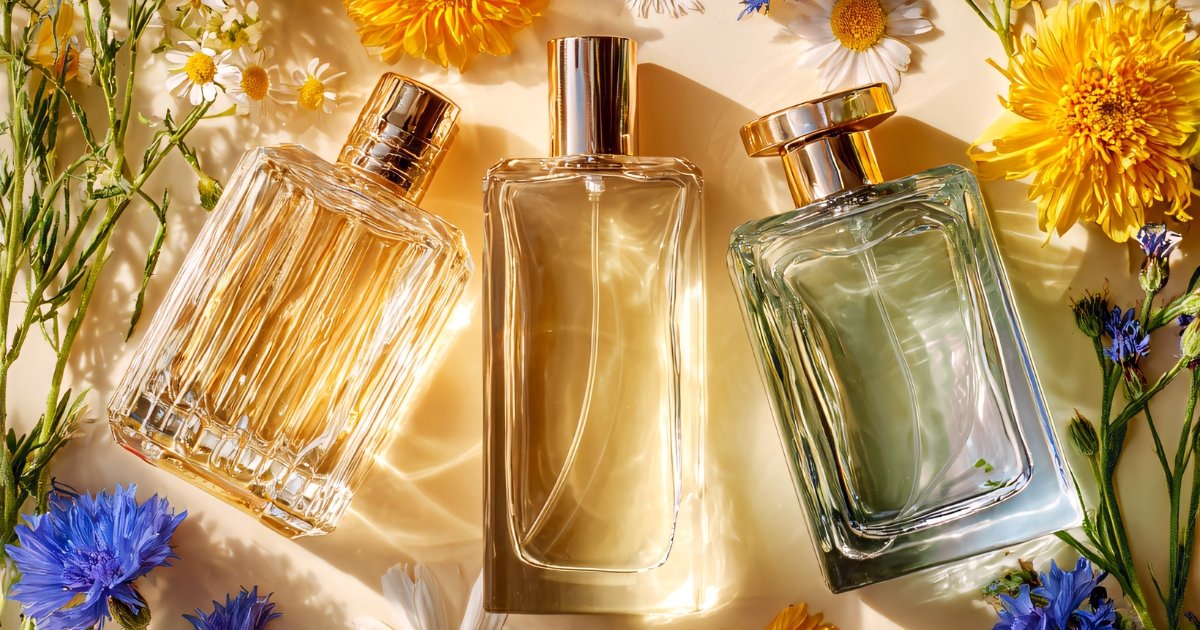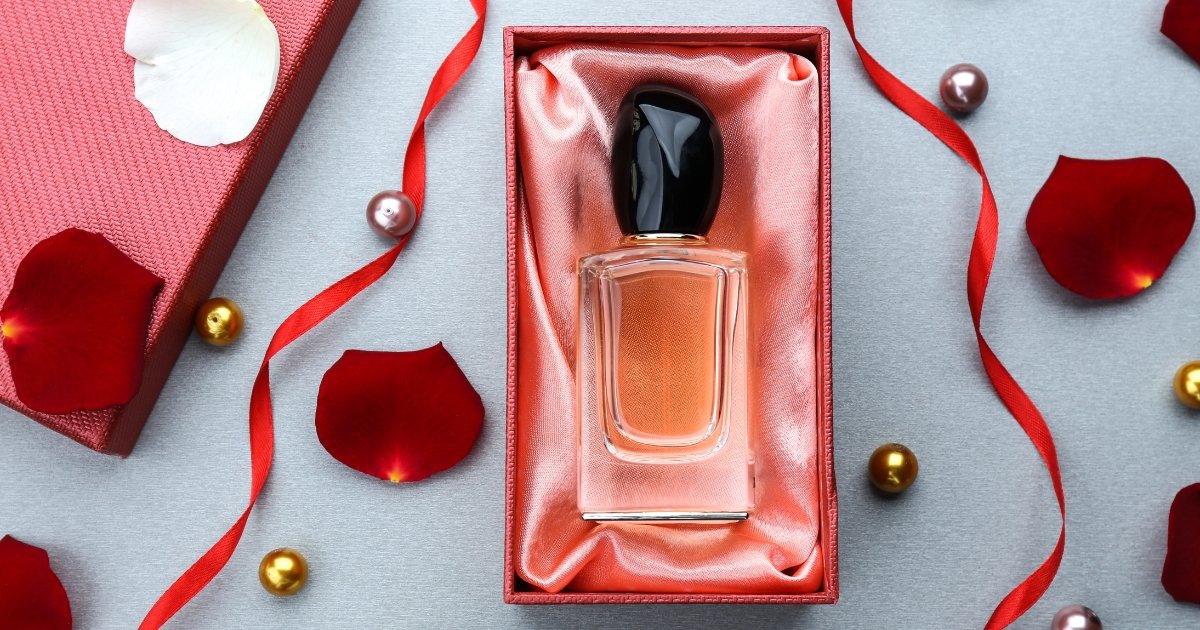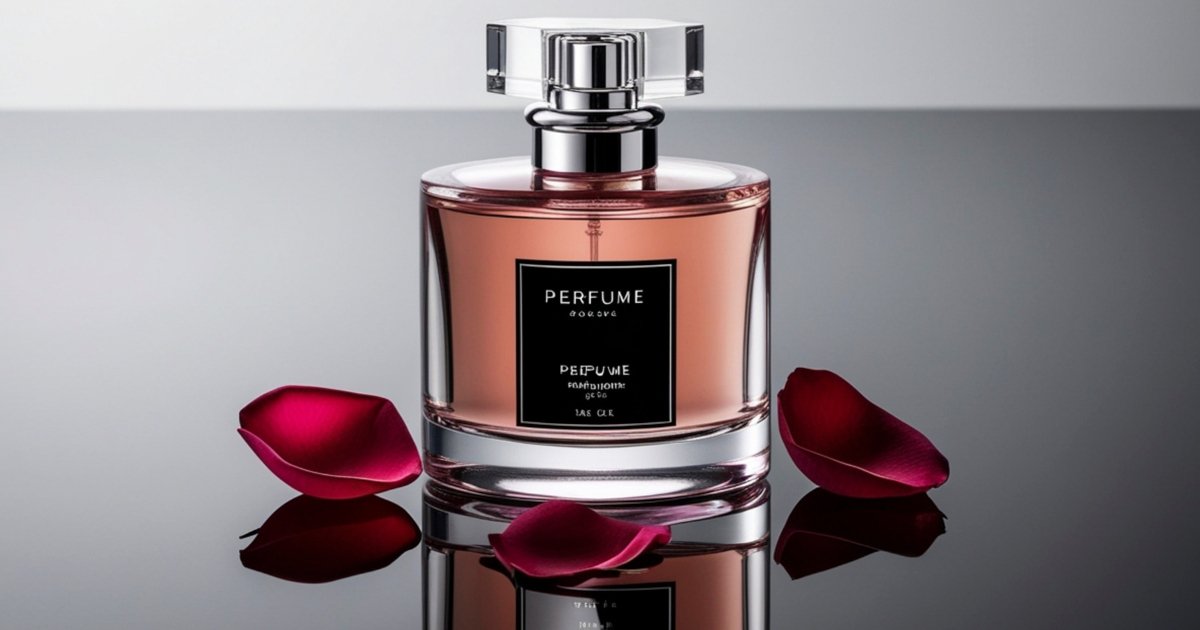You’ve found the perfect fragrance, the one that makes you feel confident and put-together. But by lunchtime, it’s a distant memory. Sound familiar? You’re not alone. Many people wonder how to make perfume last longer because their favorite scents fade too quickly. The good news is, it’s not a mystery—it’s about technique.
With a few simple tweaks to how you apply and store your perfume, you can make its beautiful notes linger from morning to night. Here are ten simple hacks to help you get the most out of every spritz.
1. Start with a Clean, Hydrated Base
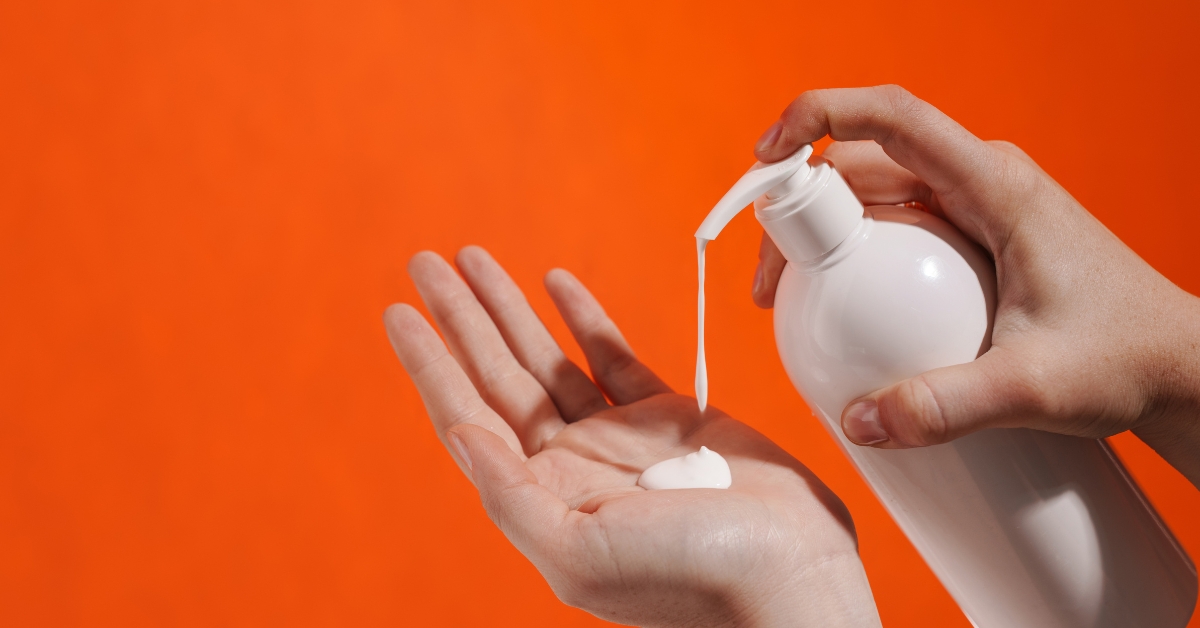
The key to a long-lasting fragrance is a well-prepped canvas. Perfume molecules cling best to moisturized skin, so after you shower and pat yourself dry, apply an unscented lotion or body oil. Think of it as a primer for your fragrance; it creates a hydrated surface that locks in the scent and prevents it from evaporating too quickly.
2. Target Your Pulse Points
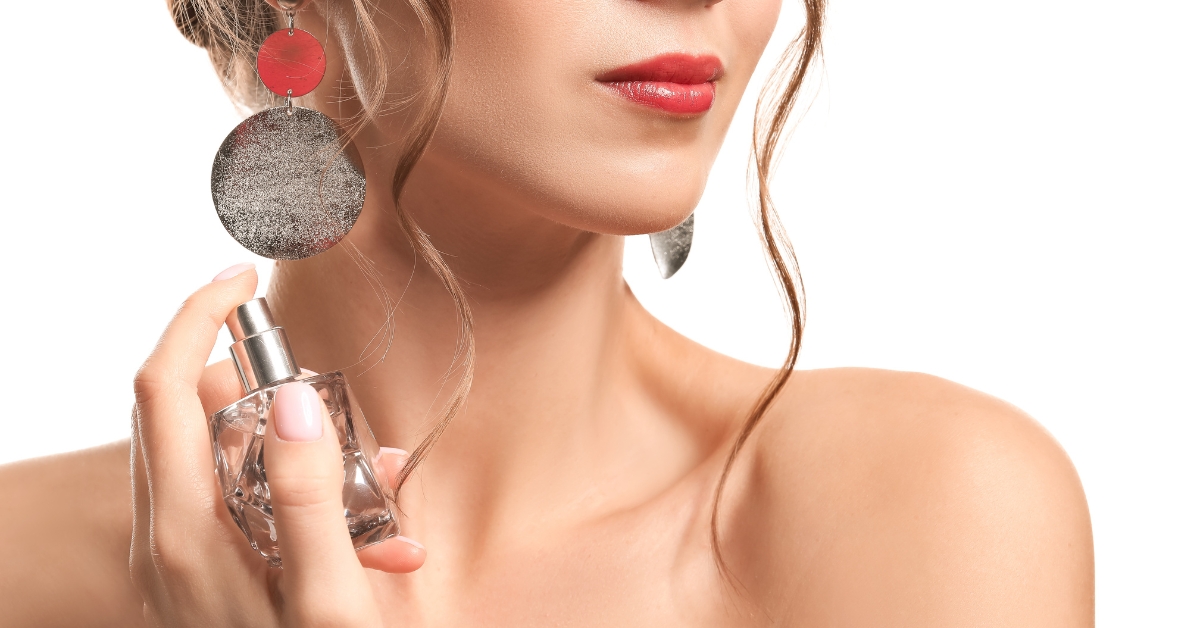
For your scent to truly bloom, you need to apply it to your body’s “hot spots.” These are the pulse points, where blood vessels are close to the skin’s surface and generate heat. A spritz on your wrists, the nape of your neck, behind your knees, and on the inside of your elbows will help your fragrance project and last throughout the day.
3. Don’t Rub Your Wrists Together
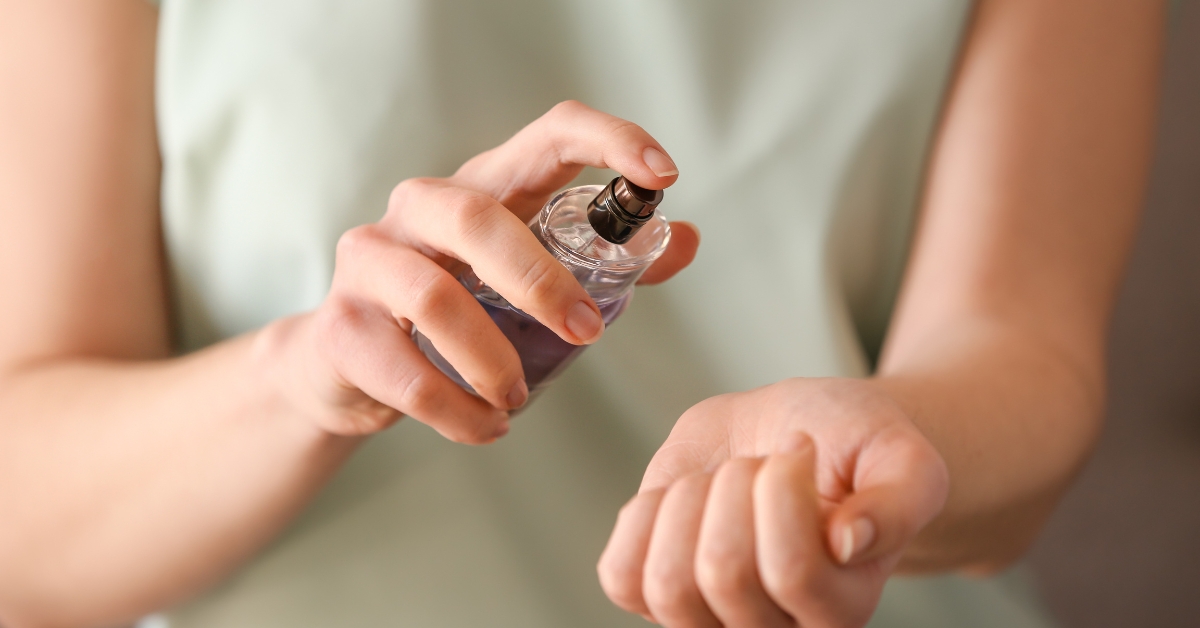
This is perhaps the most common mistake people make. The friction created by rubbing your wrists together generates heat, which can “crush” the fragrance’s delicate top notes and make them dissipate almost instantly. Instead, simply spritz and let the perfume settle on your skin naturally.
4. Spritz Your Hair
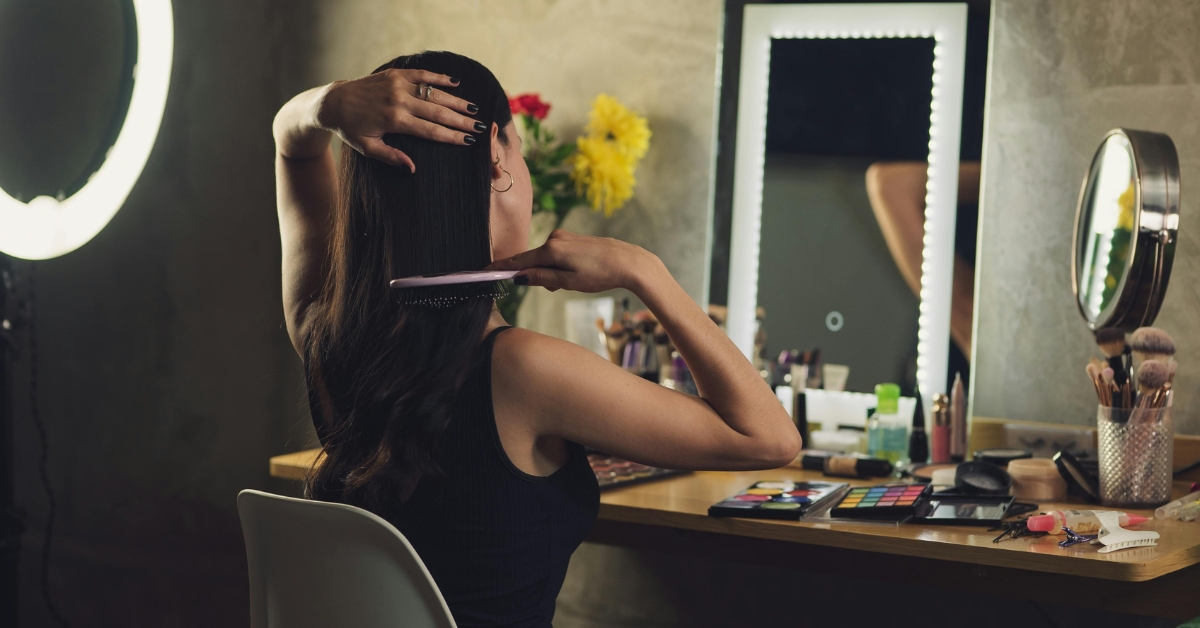
Your hair is an excellent, porous surface for holding a scent. However, spraying perfume directly can be drying due to the alcohol content. A better method? Lightly mist your hairbrush with your perfume and then comb it through your hair. This diffuses the scent evenly and allows for a subtle, long-lasting aroma with every hair flip.
5. Spritz Your Clothes

While skin is the ideal place for a fragrance to develop, fabric fibers are fantastic at holding on to a scent. A light misting on your scarf, jacket, or favorite sweater can help your fragrance linger for hours, creating a beautiful scent trail that lasts long after it’s faded from your skin.
6. Layer Your Scents
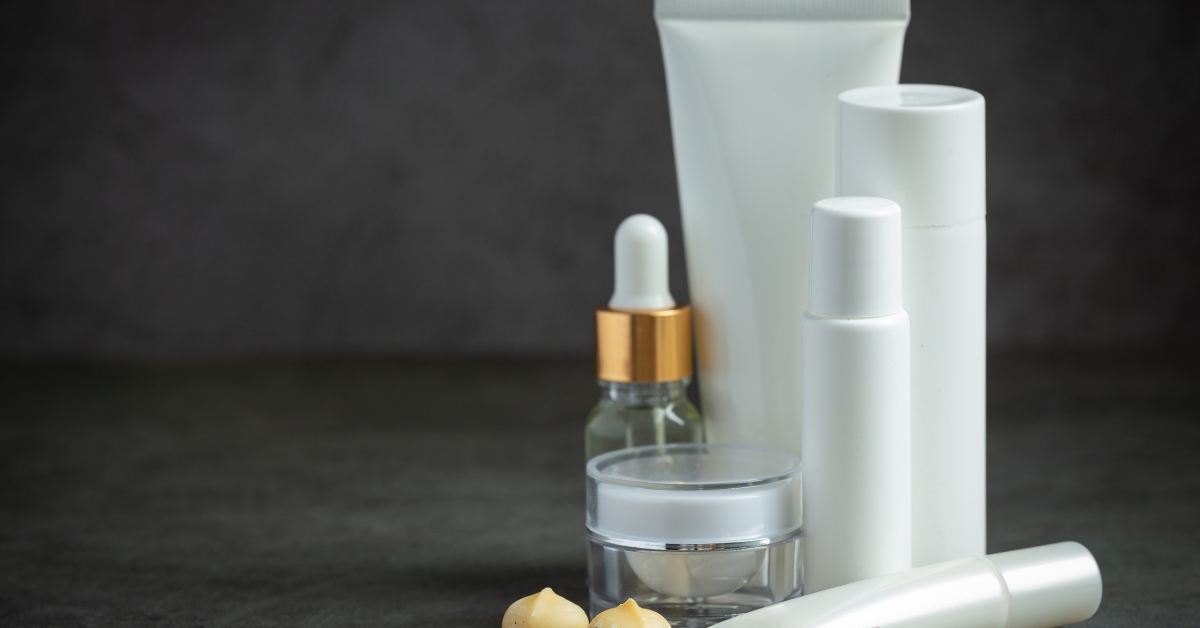
Building a scent foundation is a great way to improve longevity. Start with a body wash and follow with a lotion from the same fragrance line. If matching products aren’t available, an unscented lotion is the best alternative to avoid any clashing notes.
7. Know Your Fragrance Concentration
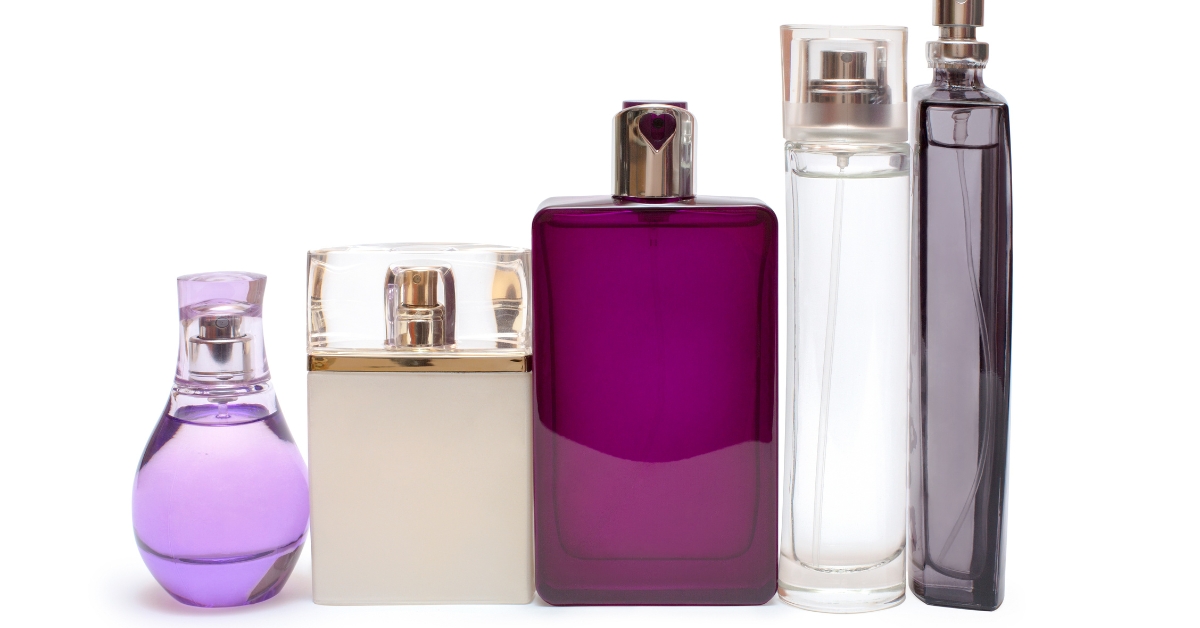
Not all fragrances are created equal. An Eau de Parfum (EDP) has a higher concentration of fragrance oils and will naturally last longer than an Eau de Toilette (EDT) or a Cologne (EDC). If you’re looking for all-day wear, opt for a higher concentration.
8. Look for Long-Lasting Base Notes
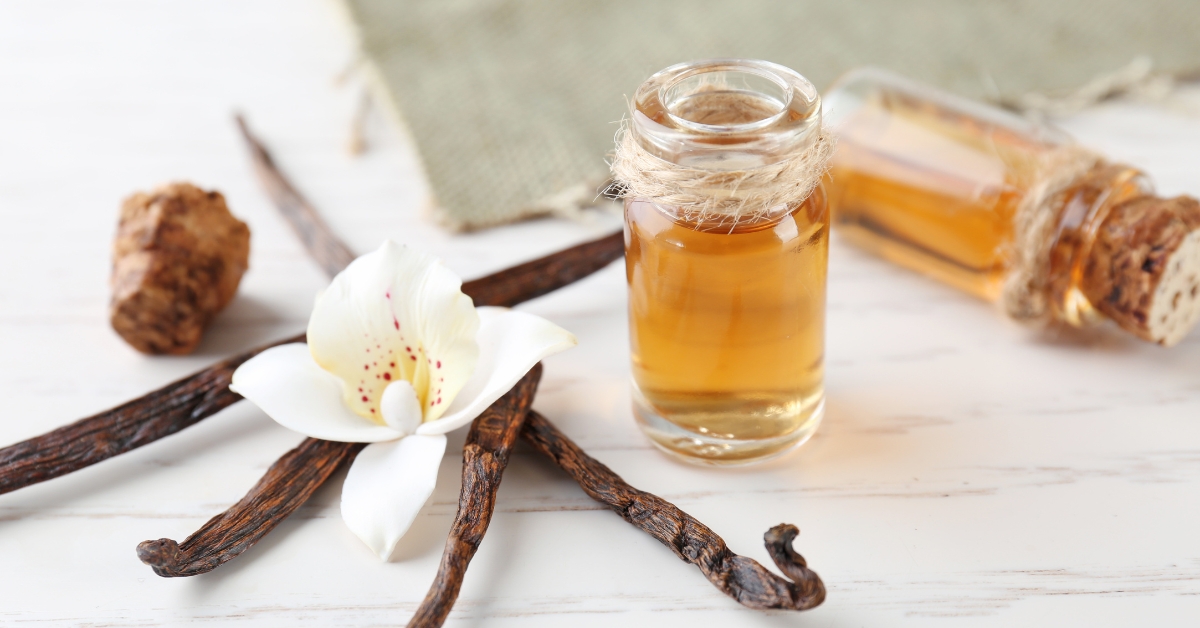
The longevity of a perfume is largely determined by its base notes. When choosing a scent, look for fragrances with heavier, deeper base notes like musk, amber, vanilla, or woody notes. These molecules are larger and evaporate more slowly than light, citrusy top notes, so they’ll stick around much longer.
9. Store Your Perfume Correctly
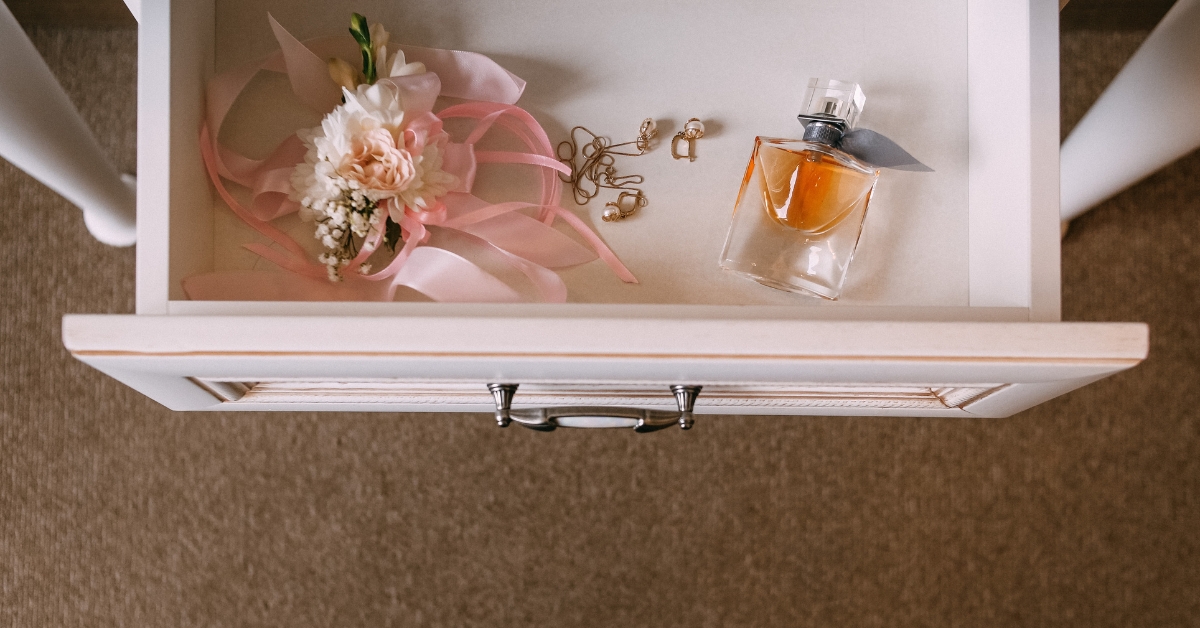
Proper storage is crucial for maintaining a fragrance’s integrity. Heat, sunlight, and humidity can degrade a perfume’s molecules over time, shortening its lifespan. Keep your bottles in a cool, dark place, like a closet or drawer, and never in a steamy bathroom.
10. Use a Scent “Fixative”
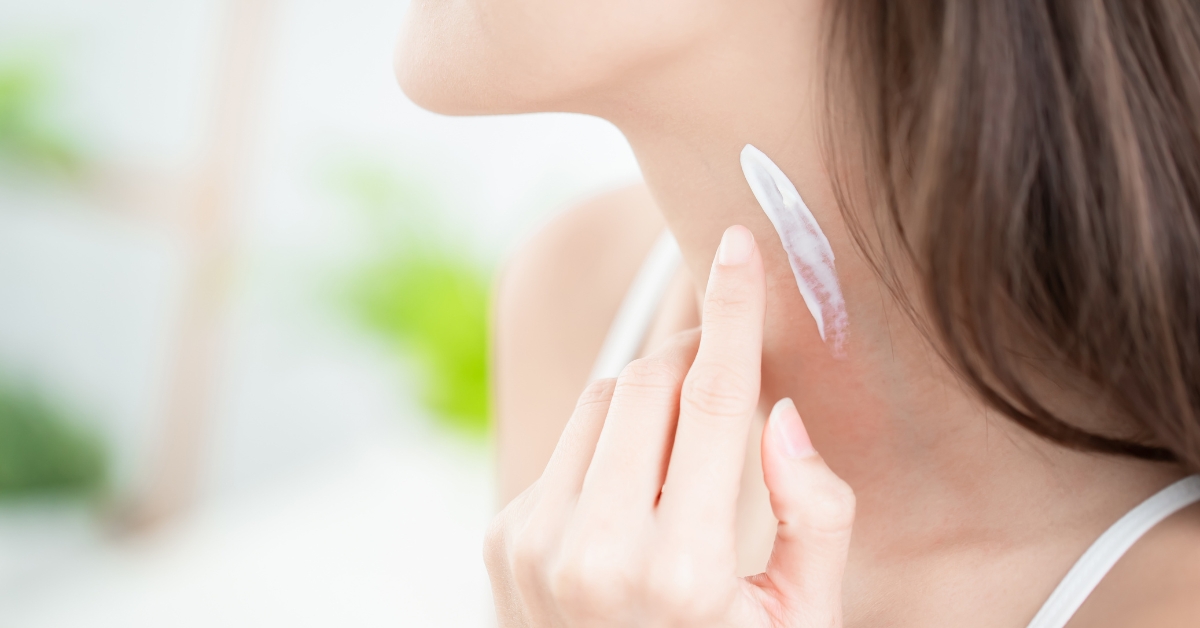
For an extra boost, use a simple fixative. Applying a thin layer of an oily substance like unscented Vaseline or jojoba oil to your pulse points before you spray creates a tacky surface that helps the fragrance cling to your skin. It’s an old trick that really works.
Frequently Asked Questions
Why does a fragrance smell different or last longer on someone else?
Every person has a unique body chemistry, including their skin’s pH balance and oiliness. Fragrance molecules react differently to these factors, which is why a scent can smell slightly different on you than it does on a friend. In general, oilier skin tends to “grip” and hold on to a fragrance longer than dry skin.
Does perfume expire, and how can I tell?
Yes, perfume can expire. The average shelf life is around three to five years, but it can degrade faster if not stored correctly. Signs that your perfume has gone bad include a noticeable change in scent (it may smell sour or metallic), a change in color (it might become darker), or the appearance of a cloudy texture or sediment at the bottom of the bottle.
Do natural perfumes last as long as synthetic ones?
Not always. While natural ingredients are beautiful and can create complex, evolving scents, many synthetic molecules are specifically engineered to be long-lasting and provide excellent projection. Perfumes that rely heavily on volatile natural citrus or floral notes may fade faster than those with a synthetic, long-lasting fixative in their base.
I can’t smell my own perfume after a while, but others can. Why is that?
This is a very common phenomenon called “olfactory fatigue” or “nose blindness.” Your brain is designed to detect new and potentially threatening smells. When you are constantly exposed to a single scent—like your own perfume—your brain’s limbic system registers it as non-threatening and begins to filter it out. While you may no longer notice it, the scent is still there for those who haven’t grown accustomed to it.
